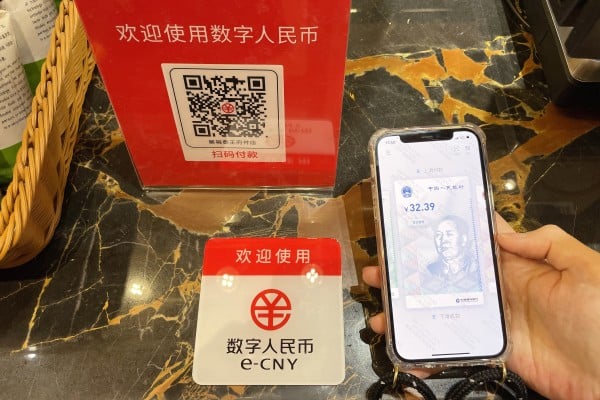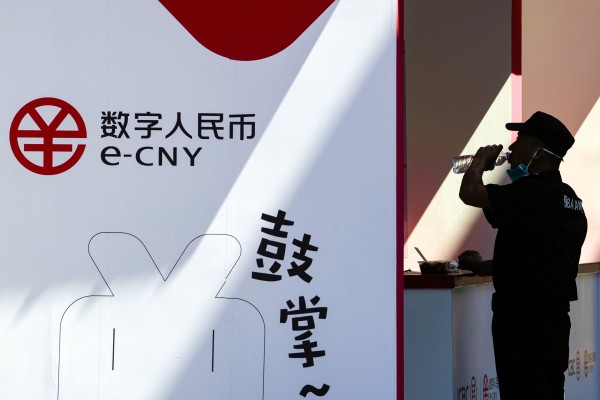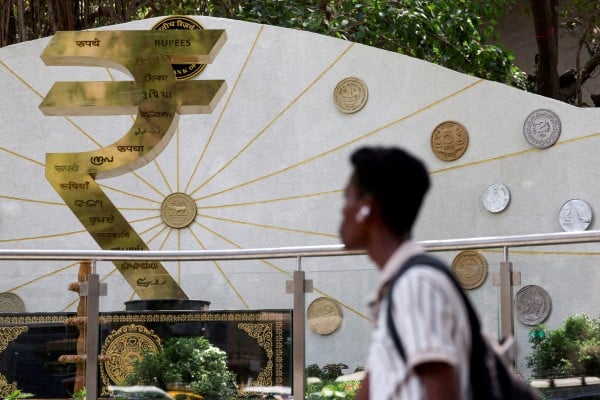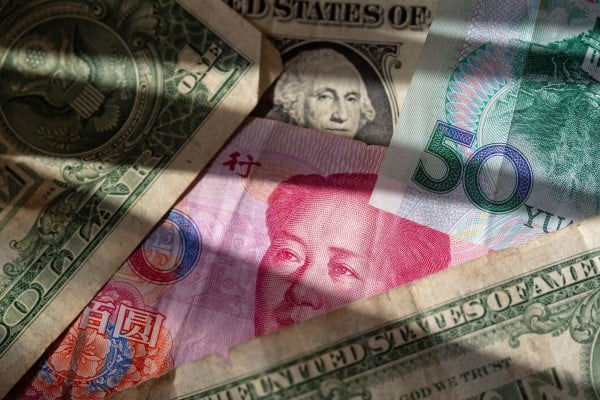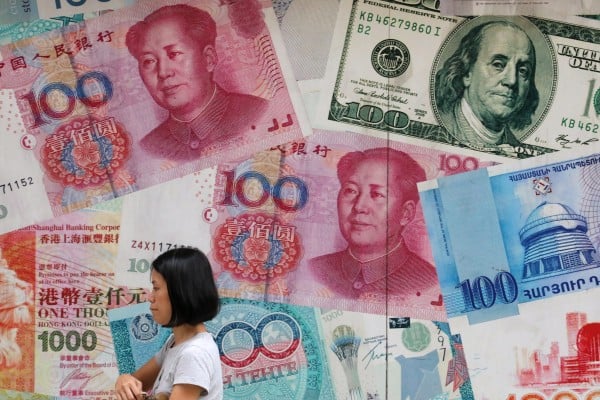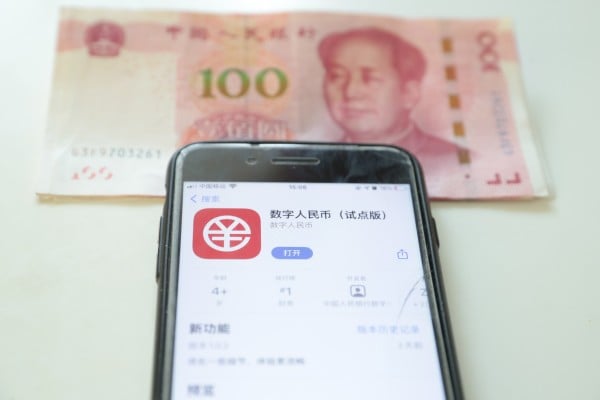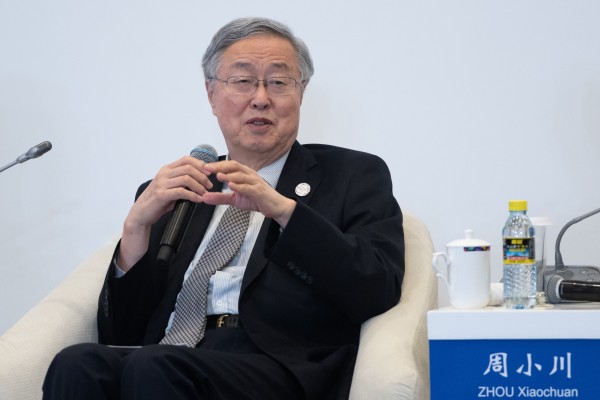China's digital currency
Will China be the first to issue a sovereign digital currency?
+ FOLLOW
Register and follow to be notified the next time content from China's digital currency is published.
China was the first major economy to begin exploring its own digital currency in 2014, though it is yet to launch the proposed digital yuan. Unlike cryptocurrencies such as bitcoin, which are not centrally controlled, China’s “sovereign” digital coin would fall under the authority of the People’s Bank of China. China maintains a blanket ban on the trading of any cryptocurrencies, as the government regards them as a source of financial risk.
Latest News
News
Opinion
The politics around digital currencies have extended into the long-running battle for supremacy between the world’s major currencies.
As mainland’s international operations centre, Shanghai will increase global reach of yuan, promote China’s central bank digital currency.
The ability of central banks to pursue their main goals will depend increasingly on pursuing reforms in how they think and function.
De facto central bank aims for first-mover advantage through blockchain technology, providing welcome lift to Hong Kong’s image as global financial centre
As more central banks explore or push to launch digital currencies, the world is looking likely to fragment into currency blocs. This would reinforce the growing use of local currencies in cross-border payments and hasten a long-term decline in reliance on the US dollar.
China and other countries are quickly adopting biometric payment methods, digital currency and IoT tech for everyday needs, but many worry progress comes at a cost.
China’s growing clout makes the Belt and Road Initiative and Regional Comprehensive Economic Partnership ideal platforms to push for yuan internationalisation, aided by Hong Kong’s financial centre strengths.
If the US political system cannot responsibly handle the hegemony of its currency, global economies cannot be blamed for seeking alternatives to untangle themselves.
Pilot programmes, full launches and other initiatives by China, Nigeria, Japan and Singapore show the appeal of central bank digital currencies outside the West. The impact of digital currencies on African and Asian economies will be significant as they provide greater convenience, lower transaction fees and more.
As a leading international financial hub, the city has an important e-CNY role to play when it comes to global trade and business.
Proposals allowing retail investors to trade in big-cap cryptocurrency tokens on licensed platforms with regulatory oversight would enhance the city’s reputation for prudent financial innovation.
The wholesale central bank digital currency model, combining commercial banking expertise with the guarantee of central bank involvement, is the way forward.
LOADING
Unfollowed
View all




